For much of 2023, the RSA impact team has been investigating the idea of a ‘knowledge commons’ and what this means for our practice, products and processes.
We have looked at the history of ‘commons’ and had many generous conversations with partners, Fellows and thought leaders about the ‘commoning’ of regenerative information and research.
It’s been a bit of a journey. We have moved from an initial position thinking about designing and building a new product or online destination towards a more introspective look at our existing publishing channels and digital communities.
How can we, the RSA, embed standards of openness in all of our work that make us better contributors to, rather than curators of, online commons spaces?
To this end, we have developed five open RSA standards that we hope to adhere to throughout all our published work and events.
The open RSA standards
RSA knowledge is:
- Usable: Easy and intuitive for anyone to find and use
- Accessible: User-friendly regardless of anyone's ability
- Open: Available to everyone to use and share with attribution
- Reciprocal: Encourages everyone to create, contribute, and improve
- Mission-orientated: Curated, updated, adapted and stored to do more good for people, places and planet
Here we dive into each standard and give some examples of current RSA work.
Our knowledge is usable
RSA resources have always been open access, from research to reports to RSA Replay. But we can go further to build on our open-access foundation by offering clarity on how a particular resource can be used. By clearly stating what license a resource is listed under and the degree of editing allowed or giving an indication of how our resource could be adapted to suit different contexts, we can encourage people to confidently engage with our work more.
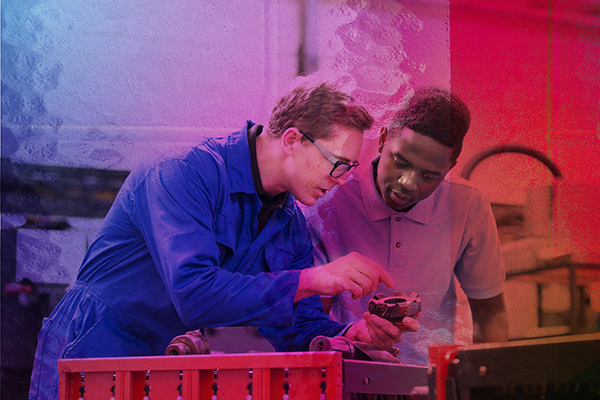
RSA research
Our research projects enable people, places and the planet to flourish. We work on a range of issues to bring people and ideas together and create impact.

RSA reports
Our reports deliver cutting-edge research that supports systems, infrastructure, capabilities and economies to become regenerative.
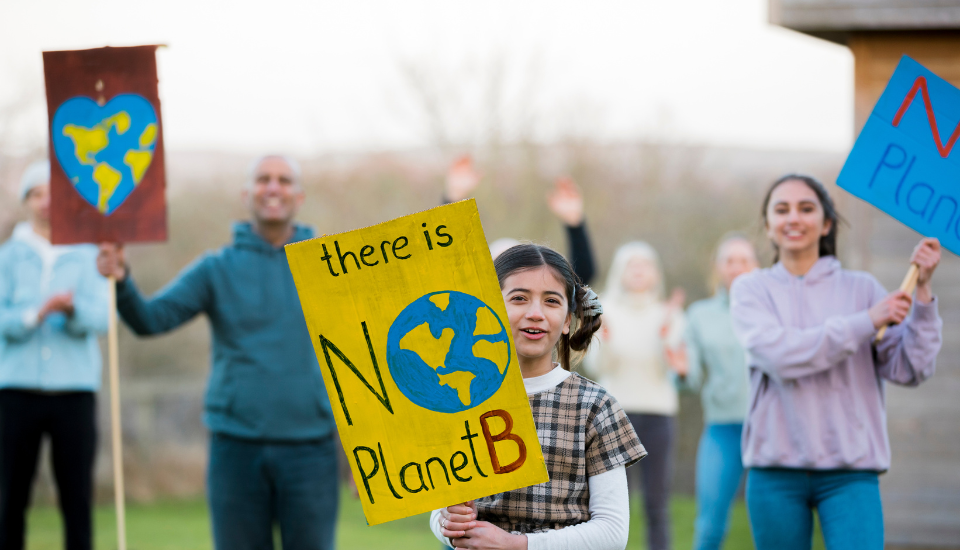
RSA Replay
We share videos of our events making our ideas accessible to a much wider audience. Find inspiration in our RSA Replay collection and commit to impact yourself.
Our learnings from UNBOXED: Creativity in the UK on Collective Futures have been captured in this interactive Miro space, as an open-source resource inviting anyone to play, explore, and experiment with approaches that challenge us to think outside the box. Directions on how to interact with the space are given throughout the resource for easy guidance.
Our knowledge is accessible
Knowledge is often locked in restrictive and inaccessible file formats, with standard PDFs being one of the worst culprits. What would it look like if our knowledge was presented in a variety of formats, compatible with screen readers and other tools? Whether it be alt-text for visuals or raw data from our research, different methods and formats need to be tested and explored so that anyone can engage with our knowledge.
Our Age of Insecurity report incorporates embedded audio files for some of the quotes collected by participants, to bring voices to life in a different way of storytelling.
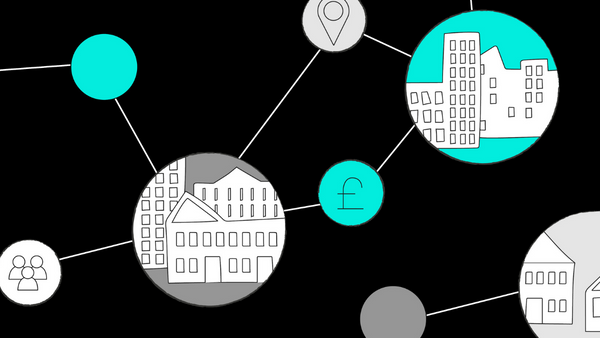
Age of insecurity
47 percent of young people are financially precarious, with subsets facing greater levels.
Our knowledge is open
Knowledge should be fluid and constantly building on itself. As we see and learn more about our work in partnership with others being used in different contexts, that knowledge is being improved upon but isn’t being captured anywhere. By making our knowledge easily adaptable and welcoming feedback, stories and experiences related to the work we can make it much richer.
It should be mentioned that RSA content is already covered by a Creative Commons licence albeit one with a no derivatives clause. We aim to make this more open to community contribution.
Our knowledge is reciprocal
These standards are part of a wider cultural shift in how we approach knowledge development. Knowledge isn’t created in silos, but through weaving together a range of experiences, perspectives and contexts that bring it to life. By encouraging more collaboration in our work we can convene and connect bright ideas and unlikely solutions.
Circle, our new community engagement platform for Fellows, is a hub for us to engage more deeply with those who are interested in our work. Through different spaces, networks and prompts Fellows can connect with each other and with our staff to collaborate on new ideas.
To correct this error:
- Ensure that you have a valid license file for the site configuration.
- Store the license file in the application directory.

Discover Circle
Bringing Fellows together in collaboration on their innovations and our mission.
Our knowledge is mission-orientated
We want our knowledge to evolve and improve with time so that it stays relevant and useful to Design for Life. This means continually engaging and interrogating our processes and outputs alongside those who co-develop our knowledge with us.
This process will need moderation to check in on what needs to be updated and what needs energy or suggestions, to keep driving momentum in service of our mission.
What’s next
We are committed to creating, sharing and amplifying knowledge about regenerative practices. This is the core of our mission. But this project shifted our focus beyond sharing knowledge about regeneration, and towards bringing a regenerative approach to knowledge creation and sharing in everything we do.
These standards are to be incorporated into the RSA’s own impact reporting, to hold us to account as we transition towards this new model.
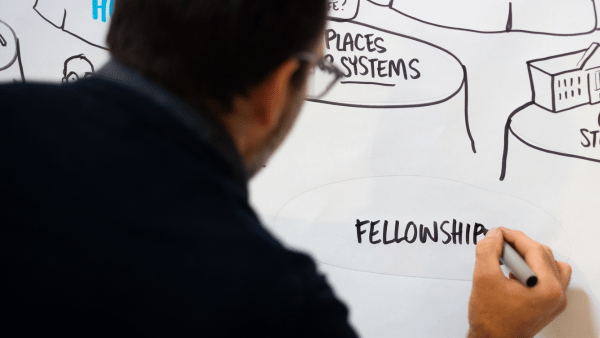
Knowledge commons
Sharing regenerative ideas, research and practice, and engaging changemakers to contribute, remix and share knowledge.
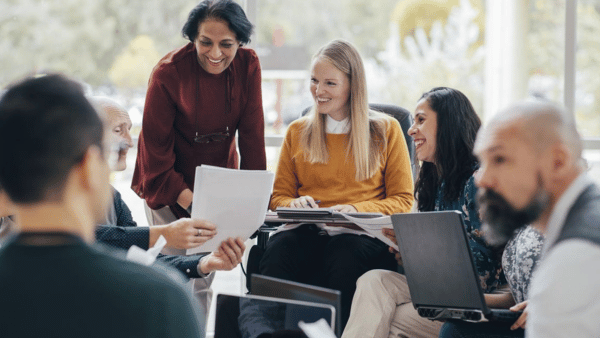
Knowledge commons on Circle
Connect with changemakers, communities, and organisations in our Circle community for Fellows and help create an open-access knowledge space.
Other Knowledge commons articles you may be interested in
-
Building a network for place-based learning
Blog
Tom Kenyon
Tom Kenyon on the importance of sharing knowledge and good practice on place-based and ecosystemic learning.
-
Platforms and the public square
Report
Asheem Singh Jake Jooshandeh
This research explores in depth the epochal challenge of misinformation and makes recommendations on how to tackle the issue.
-
Offline, no one can hear you scream: Achieving digital equity in the 21st century
Policy briefing
Ruth Hannan Hannah Webster
Access to digital services is now more important than ever. This briefing explores recommendations to achieve digital equality in the future.
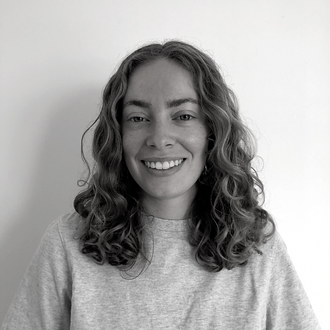
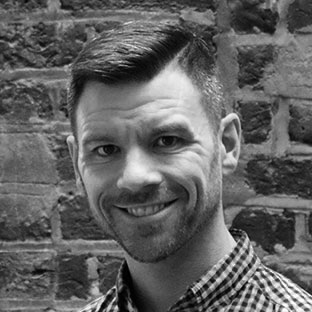



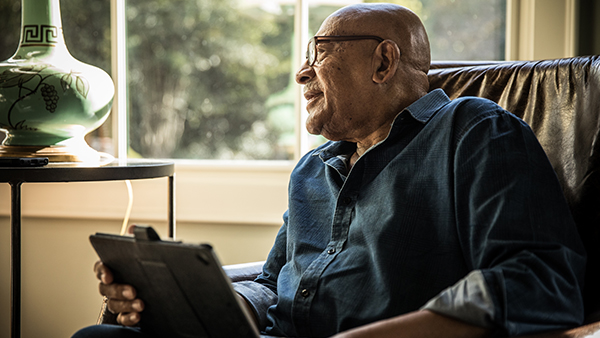
Be the first to write a comment
Comments
Please login to post a comment or reply
Don't have an account? Click here to register.